Your voice assistant is also now your home care physician. Or at least, that's the path we're headed down.
Amazon's home assistant Alexa is now capable of providing information pertaining to your health concerns, whether it is locating your nearest doctor or finding out about your blood sugar levels.
CNBC reported that as of Thursday, Amazon is now able to sign business associate agreements with healthcare providers under the Health Insurance Portability and Accountability Act (HIPAA).
The health privacy law ensures a patient's health history, such as medical diagnoses and pharmaceutical prescriptions, can only be shared between patients and doctors and is kept confidential from third parties.
But now, companies are enabled to transmit such information by invoking Alexa and remain HIPAA-compliant.
Head of Alexa Health announced that six health partners have signed on to participate in the voice program through their systems.
She wrote in Alexa Blogs:
"These new skills are designed to help customers manage a variety of healthcare needs at home simply using voice — whether it's booking a medical appointment, accessing hospital post-discharge instructions, checking on the status of a prescription delivery, and more."
Where else could we go from here?
Interest in voice-enabled technology like Alexa has become increasingly favored by the health sector.
One example is the Boston Children's Hospital, which features a new HIPAA-compliant "skill" – or voice program – called "ERAS." Discharged children from the hospital and families can now ask specific questions relating to their case from the care team, and doctors can also check in on a patient's recovery remotely.
All you have to do is holler, "Hey, Alexa," and she will be there.
But skeptics are steering clear.
Another company involved in the developing partnership is digital health start-up company called Livongo.
They developed a skill in which diabetic patients with connected glucometers could ask Alexa something like, "Ask Livongo what my my blood glucose reading was from this morning" and get a response.
Livongo's president Jennifer Schneider discussed the advantage Alexa has over using SMS messaging.
"Some of those people might have difficulty reading, or they just have busy lives and it's just an easy option."
While they're at it, they could ask Alexa:
Many people have issues over such invasive advancements, but where do you draw the line when it comes to convenient technology meant to improve our overall well being?

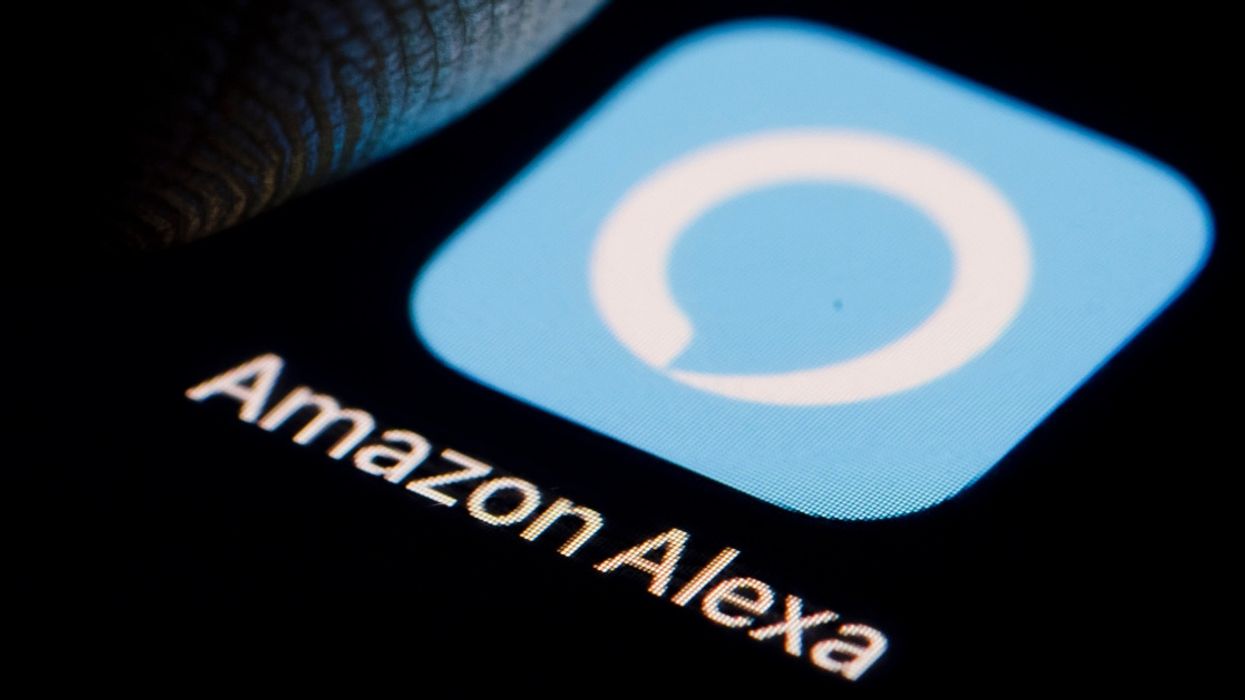


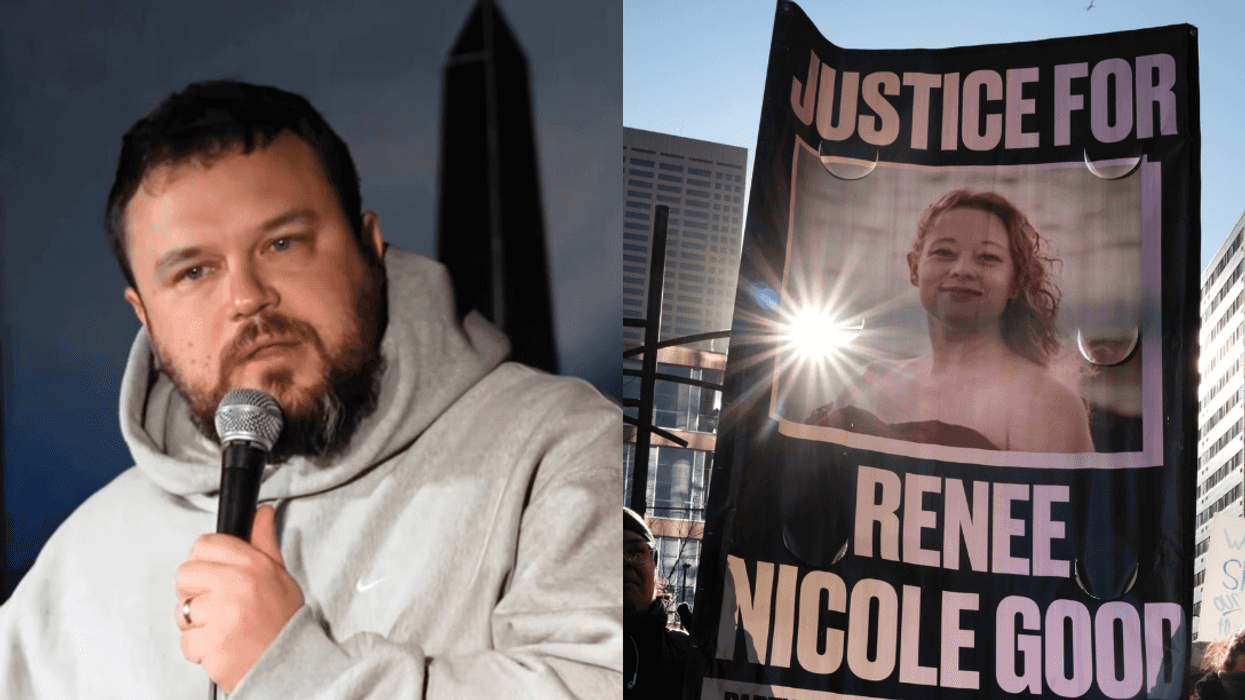
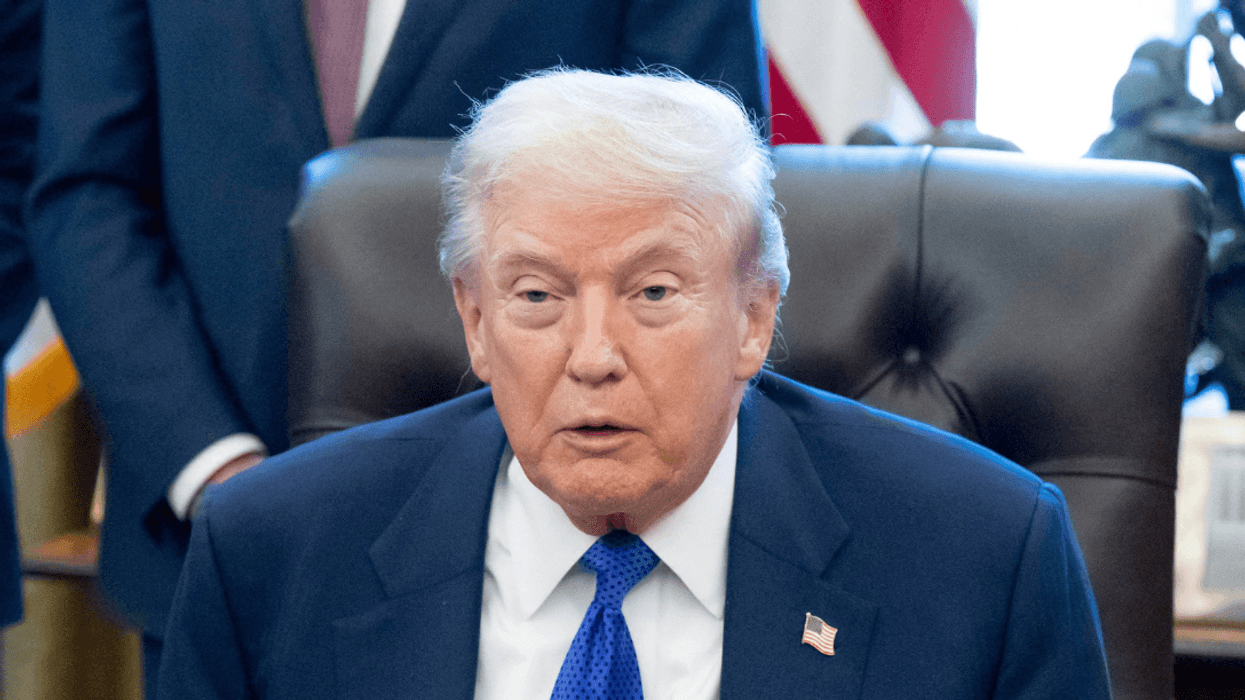



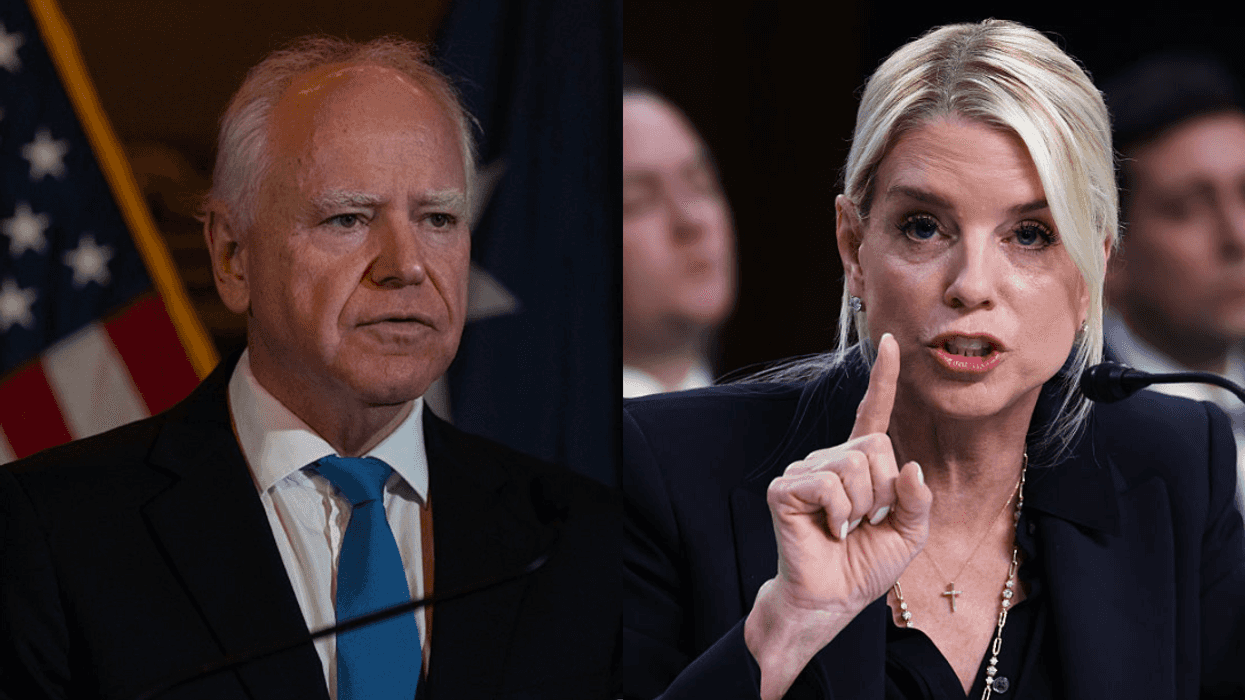




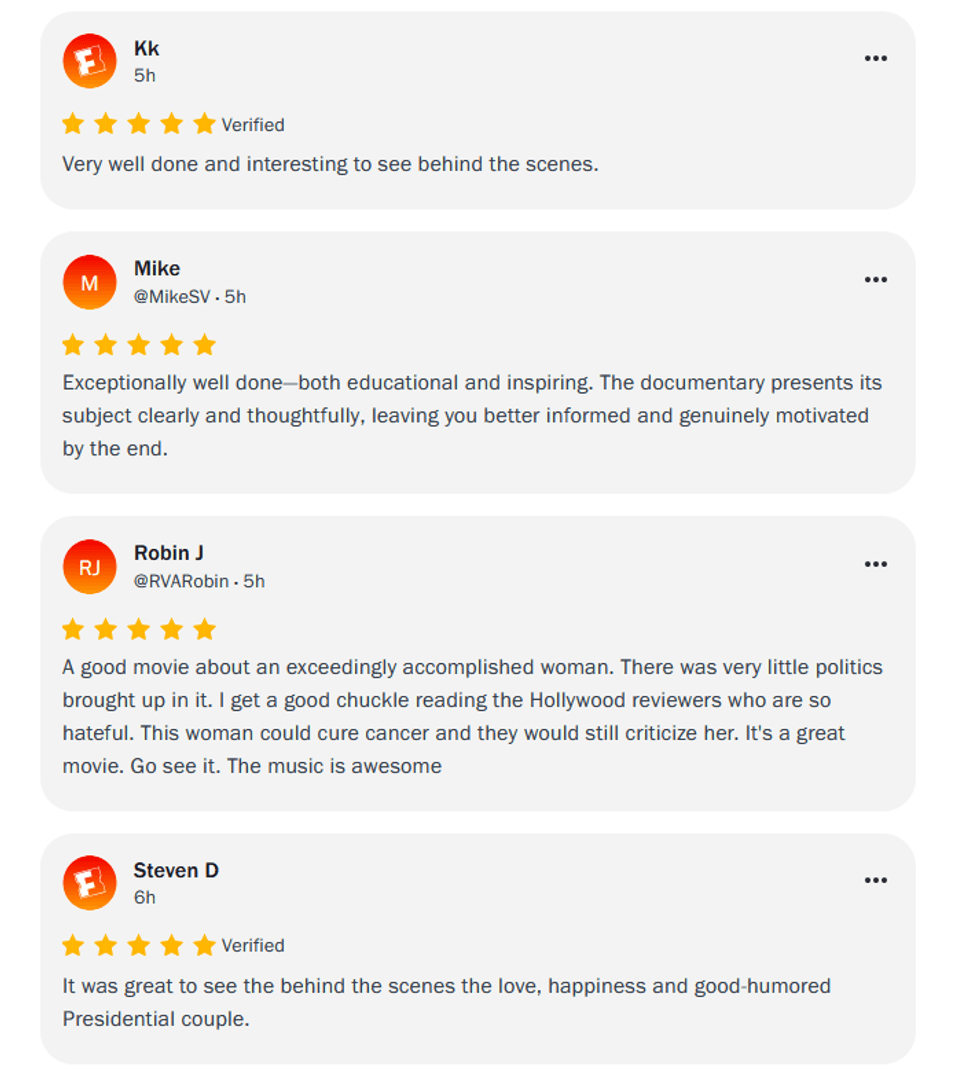 @obamaatredrobin/X
@obamaatredrobin/X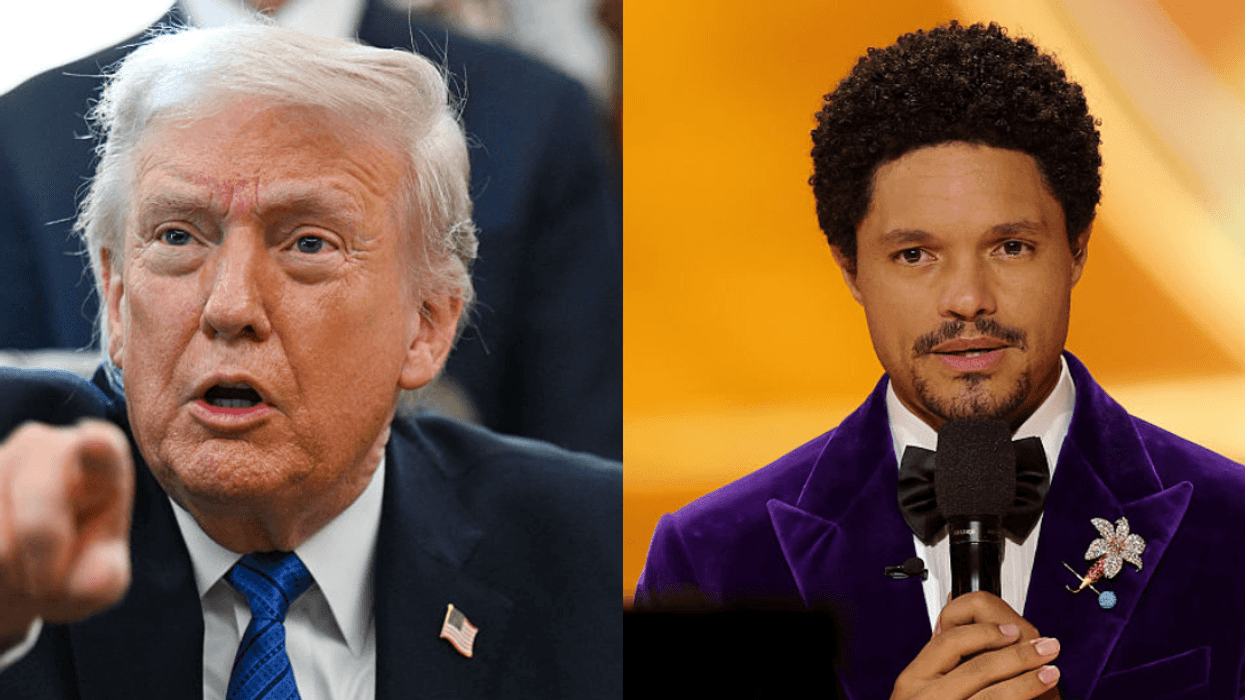
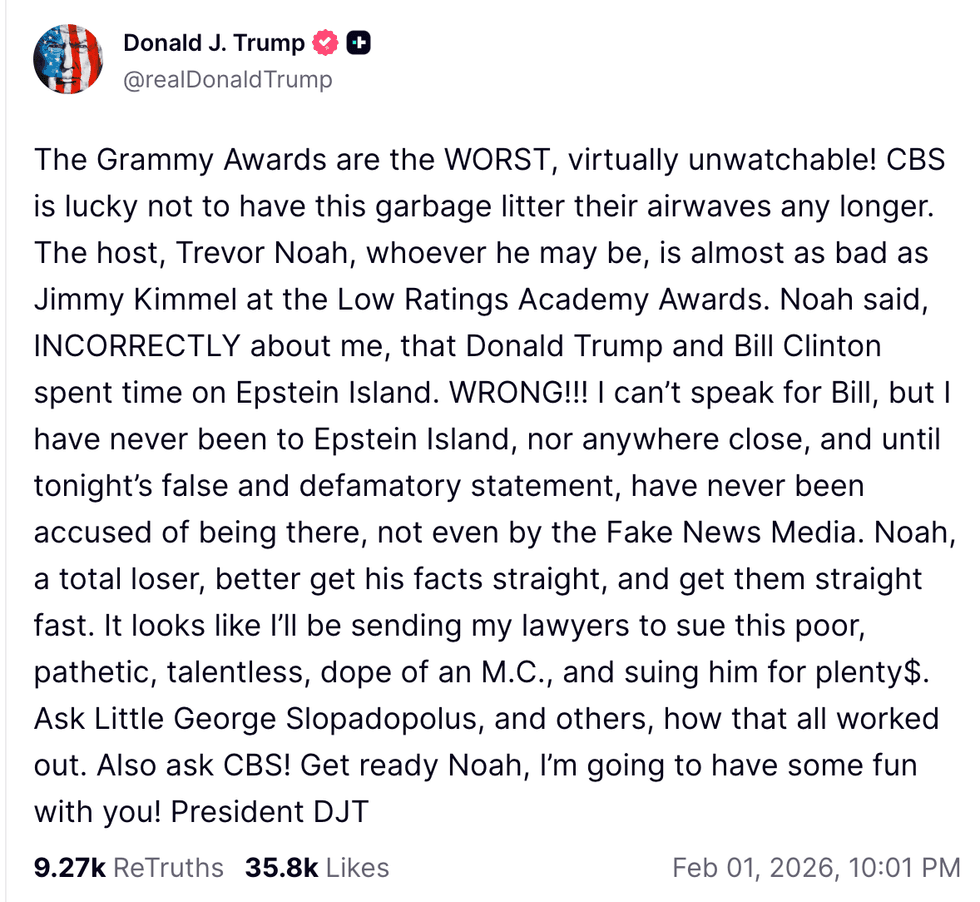 @realDonaldTrump/Truth Social
@realDonaldTrump/Truth Social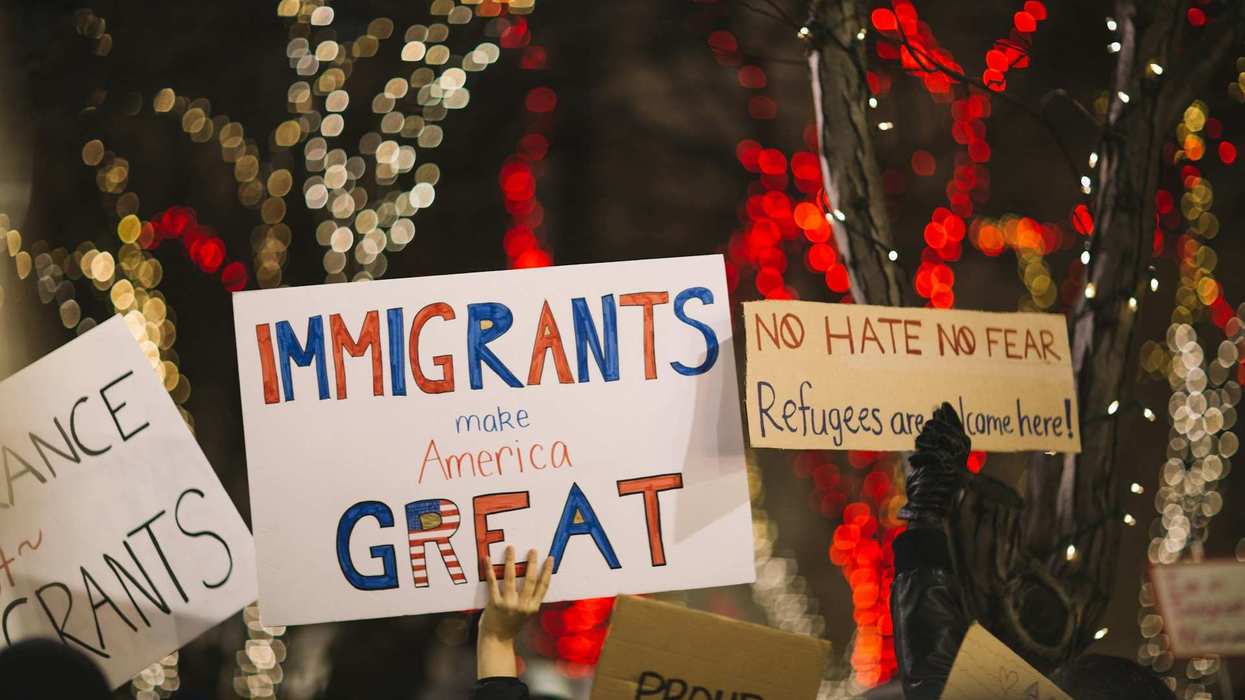

 @.a.zan/TikTok
@.a.zan/TikTok @.a.zan/TikTok
@.a.zan/TikTok @.a.zan/TikTok
@.a.zan/TikTok @.a.zan/TikTok
@.a.zan/TikTok @.a.zan/TikTok
@.a.zan/TikTok @.a.zan/TikTok
@.a.zan/TikTok @.a.zan/TikTok
@.a.zan/TikTok @.a.zan/TikTok
@.a.zan/TikTok @.a.zan/TikTok
@.a.zan/TikTok @.a.zan/TikTok
@.a.zan/TikTok @.a.zan/TikTok
@.a.zan/TikTok @.a.zan/TikTok
@.a.zan/TikTok @.a.zan/TikTok
@.a.zan/TikTok @.a.zan/TikTok
@.a.zan/TikTok @.a.zan/TikTok
@.a.zan/TikTok